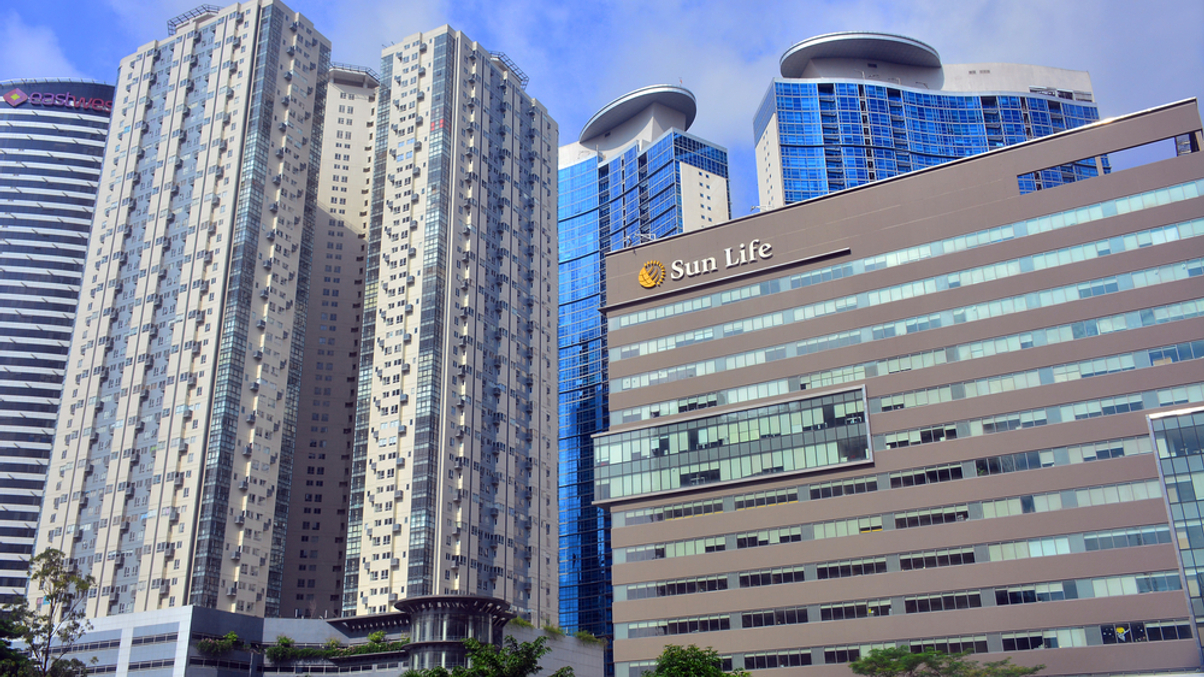Sun Life Philippines backs structured notes, private credit
The head of investments outlines why the insurer is keen on structured products as well as selective private credit plays - and why investors should diversify beyond local markets.

Editor's note: This interview was done before the US interest rate cut decision this week.
Sign in to read on!
Registered users get 2 free articles in 30 days.
Subscribers have full unlimited access to AsianInvestor
Not signed up? New users get 2 free articles per month, plus a 7-day unlimited free trial.
¬ Haymarket Media Limited. All rights reserved.


